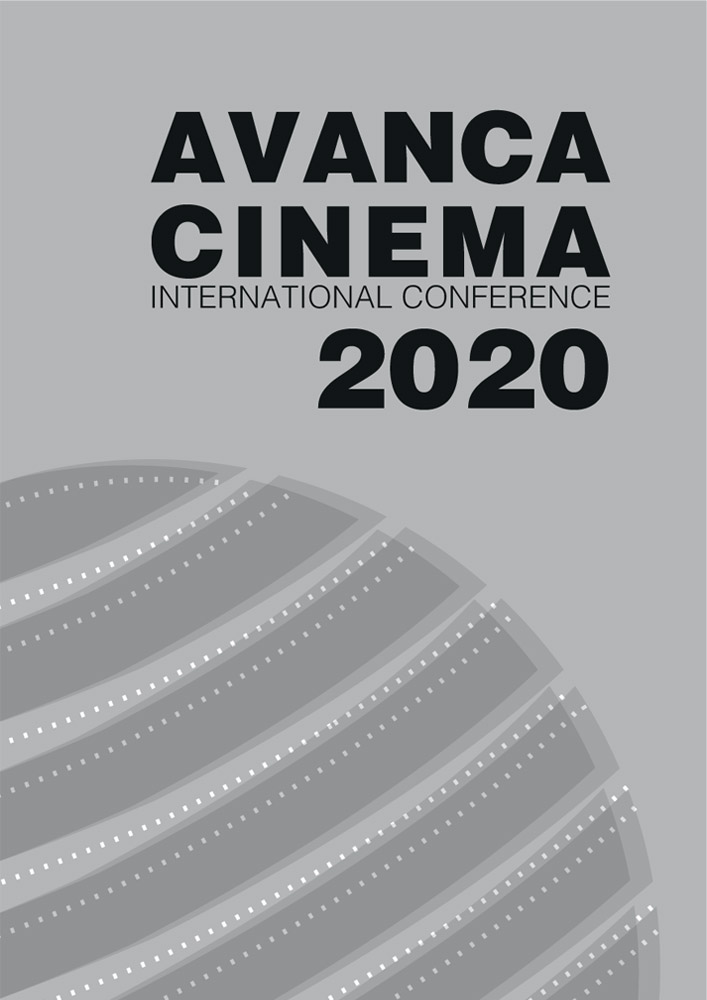Capítulo V _ Convidados
Visiones utópicas y distópicas en las películas. La voz de la luna y Tiempo después
Resumo
In the mid-1980s, the program of economic, political, and social restructuring —perestroika— and the new era of transparency and openness —glasnost— became the unintended catalyst for dismantling what had taken nearly three-quarters of a century to erect Communist states. While the reforms of perestroika and glasnost instituted by Mikhail Gorbachev, were not the sole causes of the dissolution of the U.S.S.R., the forces they unleashed destabilized an already weakening system and hastened its end. The political protests and the exodus of thousands of East Germans —Peaceful Revolution— fleeing to West Germany and Austria through the Hungarian border, contributed to the fall of the Berlin Wall on November 9th, 1989, and it also triggered the German reunification in 1990. But since the end of the Cold War (1947-1991), many disappointments such as the worsening of socio-economic inequality and global instability, have followed the initial euphoria associated with the victory of the Western Bloc over the Eastern Bloc. The resurgence of the dichotomous relationship capitalism vs communism, and the political polarization driven by a sharp generational divide, are portrayed by the Italian-French co-production “The Voice of the Moon” (Dir. Federico Fellini, 1990), and the Spanish-Portuguese co-production “Some Time Later” (Dir. José Luis Cuerda, 2018). Both cinematic approximations embrace the ideological resistance towards the ongoing process of dehumanization and its pernicious effects on society. The achievement of social justice is deliberately postponed by the technocratic power elite, and by youth generations that are disengaged with its historical past, and enslaved by digital technologies.

Este trabalho encontra-se publicado com a Licença Internacional Creative Commons Atribuição 4.0.

